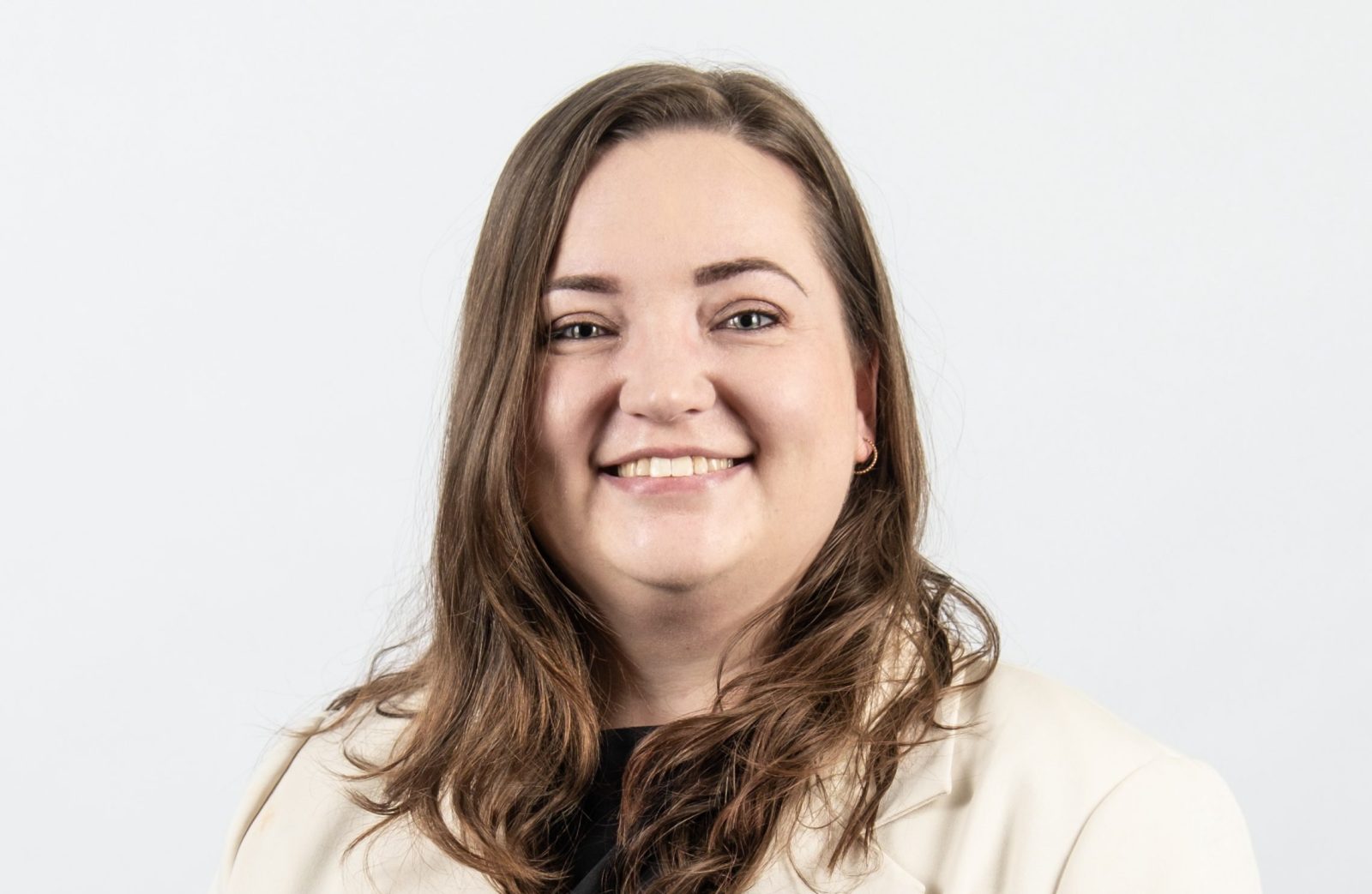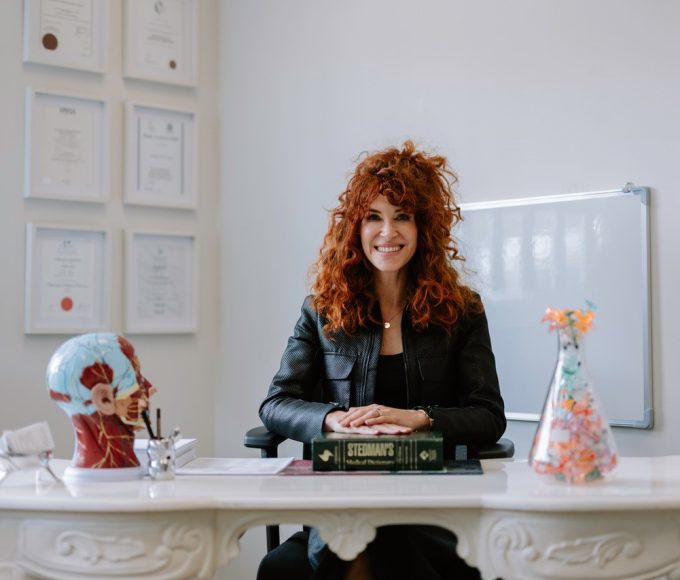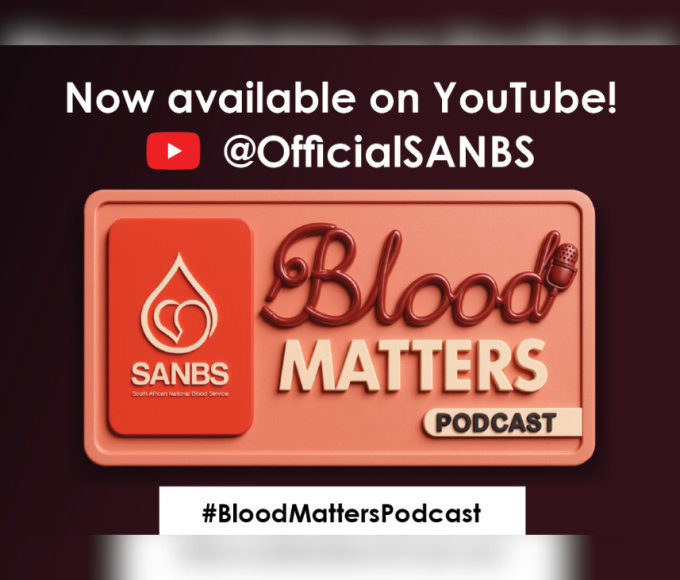- News
Sweet 16! Engen Rocks as SA’s Coolest Petrol Station
October 24, 2025- Entertainment
- Health & Beauty
- Tech
HUAWEI WATCH GT 6 Pro is the best smartwatch to own in 2025
October 23, 2025HUAWEI Pura 80 Series arrives in South Africa
August 6, 2025Ring introduces the high-resolution Outdoor Cam Plus
June 20, 2025- Tourism
- News
Sweet 16! Engen Rocks as SA’s Coolest Petrol Station
October 24, 2025- Entertainment
- Health & Beauty
- Tech
HUAWEI WATCH GT 6 Pro is the best smartwatch to own in 2025
October 23, 2025HUAWEI Pura 80 Series arrives in South Africa
August 6, 2025Ring introduces the high-resolution Outdoor Cam Plus
June 20, 2025- Tourism
South Africa’s suicide rate currently sits at 23.5 per 100,000 people, one of the highest in the world. Among young people aged 15 to 24, suicide is the fourth leading cause of death.
“Behind every statistic is a person, as well as their family and community – suicide is not an isolated problem,” says Megan Gonsalves, Netcare Akeso’s Crisis Line Manager. “For someone experiencing suicidal thoughts, it can feel extremely alienating. But open conversations can change everything.”
Why Conversations Matter
The link between suicide and mental health conditions like depression, bipolar mood disorder, and substance use disorders is well established. Yet in many homes and workplaces, these topics remain taboo.
“To protect the people we value, we need to create environments – at home, at work, in communities – where it’s normal to talk about mental health,” Gonsalves explains. “Support and treatment can only begin once the silence is broken.”
Treatment and the Road to Recovery
For many, imagining a life beyond suicidal thoughts feels impossible. But with professional care, change is possible. Treatment often includes:
- Medication to stabilise mood and reduce symptoms.
- Therapy and coping skills to help navigate emotional challenges.
- Support systems that provide connection and encouragement.
“Medication adherence is especially important,” Gonsalves notes. “Skipping doses or stopping without medical advice can increase the risk of relapse. It may take time to find the right balance, but once stabilised, many people are amazed at their own resilience.”
Breaking the Myths
Misconceptions often prevent people from seeking support:
- “Suicide only affects certain people.” False. It cuts across all ages, backgrounds, and communities.
- “Talking about suicide puts ideas in people’s heads.” Wrong. Asking directly and compassionately can save lives.
- “Medication means weakness.” Not true. Medication can provide the balance needed to heal and rebuild.
Where to Find Help
If you or someone you know is struggling, help is available 24/7:
- Netcare Akeso Crisis Line: 0861 435 787
- SADAG Suicide Crisis Helpline: 0800 567 567
“Preventing suicide is a shared responsibility. When we choose conversation and compassion over silence, we build communities where recovery is not just possible, but expected,” Gonsalves concludes.
7 Questions to Ask About New Medication
- What is the name of the medication, and are generics available?
- Why do I need to take it?
- How many pills should I take, at what dosage, and how often?
- When should I take it (time of day, before or after meals)?
- When should I expect it to start working?
- How long will its effects last?
- What side effects should I be aware of?

Categories
Recent Posts
DStv Launches Thol-iUpsize Campaign to Reward Decoder Customers
November 11, 2025Feather Awards 17: A Night to ‘Pause, Look and Listen to Your Heart’
November 11, 2025Related Articles
Beyond the Bench: Creatine’s Emerging Role in Brain, Body, and Longevity.
By Dr Juanri Jonck from LifeLAB Creatine – previously known as the...
October 23, 2025SANBS Launches “Blood Matters” Podcast: Real Conversations About Life, Ethics and Community
The South African National Blood Service (SANBS) has launched Blood Matters, a...
October 22, 2025South African Stem Cell Registry Warns Donor Tracing Crisis Threatens Lives
Despite access to nearly 43 million registered stem cell donors worldwide, a...
October 20, 2025Open Heart Surgery and Stenting at Trauma Centre Borrowdale & Critical Care Hospital – Harare, Zimbabwe
At the heart of Trauma Centre’s advanced medical services lies its renowned...
October 16, 2025
Subscribe To Our Newsletter
Join our mailing list to receive the latest news on what's trending in the world of travel, beauty, fashion, tech, finances and more.
You have Successfully Subscribed!
- Entertainment
- Entertainment
































